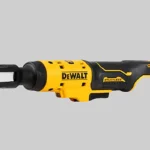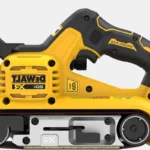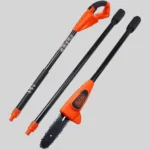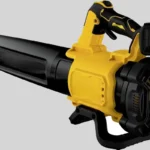Choosing between a cordless screwdriver and a drill can be a bit like deciding between a sports car and an SUV. Both are incredibly useful, but for different reasons. Let’s dive into the nitty-gritty of these tools and help you figure out which one is the perfect fit for your needs.
Understanding the Basics
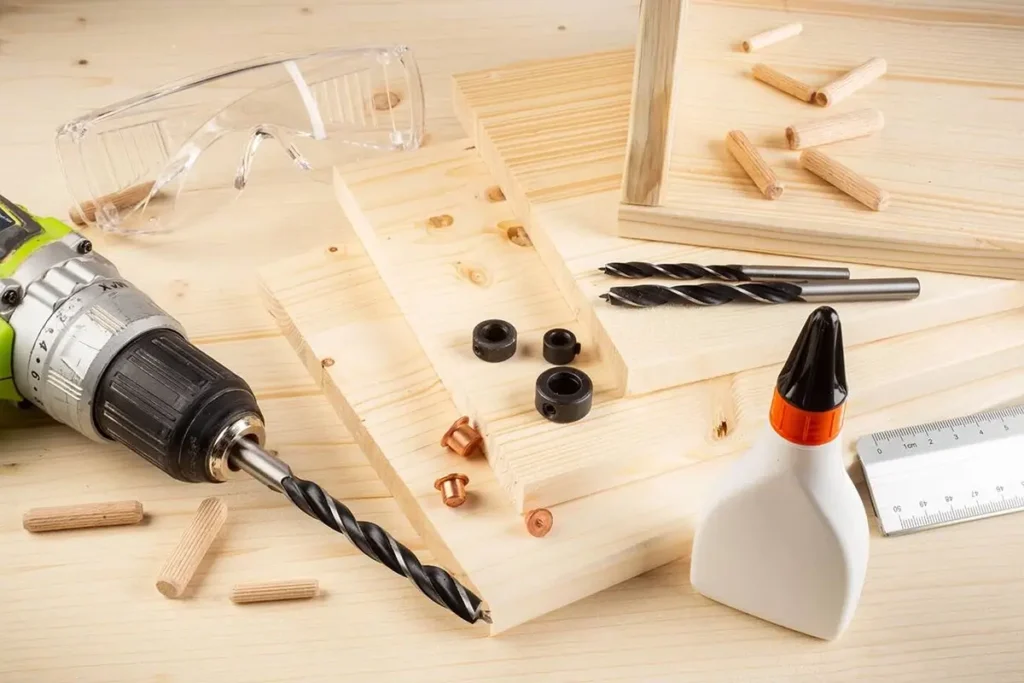
What is a Cordless Screwdriver?
A cordless screwdriver is a lightweight, battery-powered tool designed primarily for driving screws. It’s the go-to for small tasks around the house. Think of assembling flat-pack furniture, installing light fixtures, or making minor repairs. It’s compact and easy to handle, perfect for those who prefer a lighter tool.
Advantages:
- Lightweight and easy to use.
- Great for precision tasks.
- Long battery life for light-duty work.
Limitations:
- Limited power for heavy-duty tasks.
- Slower speed compared to drills.
What is a Drill?
A drill, on the other hand, is the muscle car of power tools. It’s designed for drilling holes in various materials and can also drive screws. With more power and speed, it’s suitable for a wide range of tasks, from hanging shelves to building decks.
Advantages:
- High power and speed for tough jobs.
- Versatile with multiple attachments.
- Suitable for a wide range of materials.
Limitations:
- Heavier and bulkier.
- Shorter battery life under heavy use.
Key Differences Between Cordless Screwdrivers and Drills
Power and Speed
Cordless screwdrivers are great for light tasks. They have enough power to drive screws into soft materials but struggle with tougher tasks. Drills, however, come with variable speed settings and more power, making them suitable for drilling into wood, metal, and even masonry. If you need to get through something tough, the drill is your tool.
Size and Weight
Cordless screwdrivers are compact and lightweight, making them easy to handle and less tiring to use over extended periods. Drills are bulkier and heavier but offer more versatility. The extra weight can be a downside if you’re working on a lengthy project.
Battery Life
Cordless screwdrivers generally have longer battery life for light-duty tasks. Drills, with their higher power consumption, tend to drain batteries faster, especially when used for heavy-duty jobs. If you’re working on a big project, you might need extra batteries for your drill.
Versatility and Functionality
Drills are the Swiss Army knife of power tools. With the right attachments, they can drill holes, drive screws, and even mix paint. Cordless screwdrivers are more specialized but excel in tasks requiring precision and control. They often come with adjustable torque settings, making them ideal for delicate work.
When to Use a Cordless Screwdriver
Cordless screwdrivers shine in situations where precision and control are key. Here are some ideal scenarios:
- Assembling Furniture: Perfect for putting together flat-pack furniture without over-tightening screws.
- Installing Light Fixtures: Handy for tasks that require a light touch and precise control.
- Minor Household Repairs: Great for small fixes like tightening cabinet hinges or fixing loose screws.
When to Use a Drill
Drills are your best friend for more demanding tasks. Here’s when to pull out the drill:
- Drilling Holes: Whether it’s in wood, metal, or drywall, drills can handle it all.
- Heavy-Duty Construction: Ideal for building decks, installing shelves, and other large projects.
- Versatile Tasks: With the right attachments, a drill can mix paint, sand surfaces, and even act as a driver for large screws.
Pros and Cons
Pros of Cordless Screwdrivers
- Lightweight: Easy to handle and maneuver.
- Precision: Adjustable torque settings for delicate tasks.
- Battery Life: Long-lasting for light-duty work.
Cons of Cordless Screwdrivers
- Limited Power: Not suitable for heavy-duty tasks.
- Speed: Slower compared to drills.
Pros of Drills
- High Power: Can handle tough jobs with ease.
- Versatile: Multiple functions with the right attachments.
- Wide Range: Suitable for various materials and tasks.
Cons of Drills
- Heavy: Can be tiring to use over long periods.
- Battery Drain: Shorter battery life under heavy use.
Making the Right Choice
Assessing Your Needs
Consider the scope of your projects. For simple home repairs and assembly tasks, a cordless screwdriver is sufficient. For more extensive projects, such as construction or renovation, a drill is the better choice.
Budget Considerations
Drills generally cost more than cordless screwdrivers, but they offer more versatility. If you foresee needing both tools, consider starting with a drill and adding a cordless screwdriver to your toolkit later.
User Skill Level
Beginners might find cordless screwdrivers easier to use due to their simplicity and lightweight design. More experienced users will appreciate the power and versatility of drills.
Conclusion
Choosing between a cordless screwdriver and a drill depends on your specific needs and projects. For light-duty tasks, the precision and ease of a cordless screwdriver are unbeatable. For more demanding jobs, the power and versatility of a drill make it the tool of choice.
Frequently Asked Questions (FAQs)
Can a cordless screwdriver replace a drill?
No, a cordless screwdriver cannot replace a drill for heavy-duty tasks, but it excels in light-duty and precision work.
What features should I look for in a good drill?
Look for variable speed settings, adjustable torque, and a comfortable grip. Battery life and power are also crucial considerations.
How often should I charge my cordless screwdriver?
Charge it after every use to ensure it’s ready for your next project. Frequent charging also helps maintain battery health.

Matthew Dowell
Matthew, a seasoned builder from a family of craftsmen, leads Tools Trove. His passion for tools and decades of hands-on experience fuel his commitment to providing expert reviews and insightful content. Whether you’re a pro or a DIY enthusiast, Matthew’s guidance ensures informed decisions in the world of tools.

